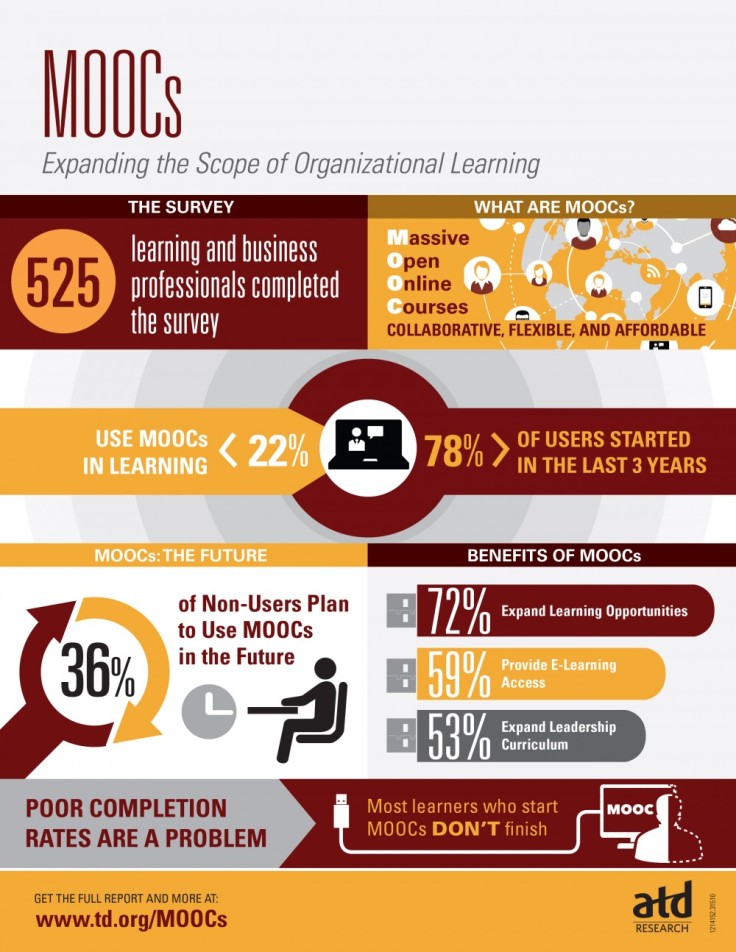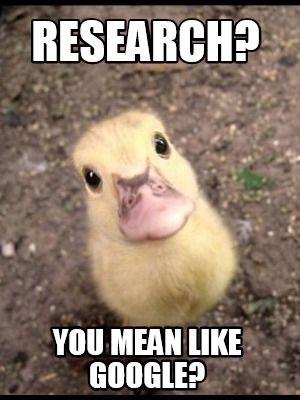We were prompted to write a blog post about what we believed needed to change in higher education, and immediately what came to my mind was the conflict between the humanities and sciences. I can’t believe that there is still such a divide between these two groups. The fact that we have yet to realize that one cannot exist without the other is ridiculous and is limiting our development. Why are we so proud and self-involved that we cannot recognize that the work of those who think and work differently than we do can be just as valuable as our own work?
I know that the university is planning to move to a pathways approach, and although I am not 100% sure how I feel about the pathways approach I hope that this transition will allow the disciplines to become less divided and competitive, or at least be a step toward doing so. I think if we could implement more courses like communicating science that could bring the disciplines together we could make more progress toward becoming a unified group.
Students in the humanities should not be made to feel that the time and money they are spending on their degree is not worth it; they should not be made to feel that the work they are doing is unimportant.
According to John Martin, director of the Centre for Cardiovascular Biology and Medicine at the University of London, “science encourages the idea that humans are just molecular machines that have to be made more efficient, and its job is simply to measure the universe and predict its activity. But humans are more than this; they have a soul, and it is the job of the humanities to help people achieve their destiny as true human beings.”
Professor Martin tells his students that they are repairing hearts so their patients can fulfill themselves by studying art, literature and music. He says that if Einstein had not written down E=mc2, another scientist would one day have done so, but no one else could have written Beethoven’s Ninth Symphony.
It is this view of the humanities and sciences as dependent disciplines that are enhanced by one another and most most effective when used collaboratively that we need in higher education.

